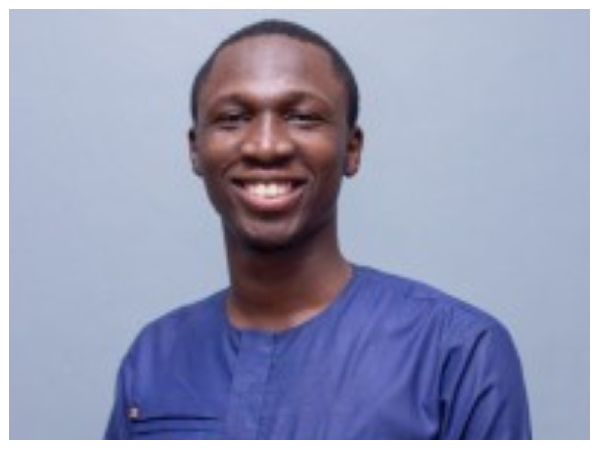Injecting confidence, ignoring warnings: Experts spill the beans on anti-ageing treatments
Updated on
:
We live in a time where ageing gracefully is no longer just about wisdom lines and silver strands; it’s also about tighter skin, fuller cheeks, and filters that have spilled into real life. In Hyderabad, anti-ageing treatments are not just for the older crowd anymore. More and more young people, driven by social media trends and the pursuit of ‘flawless’ skin, are walking into clinics in their twenties, hoping to press pause on time.
The tragic news of actress Shefali Jariwala’s sudden demise, which is linked to anti-ageing medicines and treatments, has also stirred public concern. “While most cases are safe, some treatments, especially injectable treatments, can have rare but serious side effects if not done properly. For example, if a filler blocks a blood vessel, it can lead to major complications like necrosis of skin. So, it’s very important to go to someone experienced,” says Dr Divya Sidhavaram, senior dermatologist, CARE Hospitals, Hitec City.
“Anti-ageing treatments are procedures that delay or reduce visible signs of ageing like wrinkles, sagging, pigmentation and volume loss,” explains Dr K Kranthi Varma, consultant dermatologist, Renova Hospitals, Sanath Nagar. “Botox, fillers, lasers, High-Intensity Focused Ultrasound (HIFU) — these are some of the most common and medically approved options people opt for in the city,” the doctor further adds.
Dr Divya agrees and adds, “Anti-ageing treatments help reduce signs of ageing like wrinkles, fine lines, uneven skin tones, dull skin, and sagging. These can be topical creams, injectables like botox and HA fillers, laser treatment or procedures that tighten the skin. All these procedures need expert handling.”
Both doctors stress that while the treatments themselves are generally safe, the real risk lies in where and by whom they are done. “Yes, they are usually safe when done by trained doctors. But if done by unqualified people or at shady clinics, they can go wrong. Risks include infections, swelling, rashes, or even serious issues like skin damage or nerve problems,” says Dr Divya.
Dr Kranthi echoes this concern and notes, “There is risk involved with unqualified practitioners. Clinics run by board-certified dermatologists are safe.”
According to Dr Divya, warning signs after a procedure that one shouldn’t ignore and seek medical help for immediately are severe pain, unusual swelling, skin turning dark or blue, any oozing, faintness or dizziness.
While there are pros such as minimal invasiveness, better appearance, and increased self-confidence, the cons are evidently aplenty. Dr Kranthi states, “People with unrealistic expectations, active infections, and pregnant or breastfeeding women should not get anti-ageing treatments.”
For those looking for safer, non-invasive options, he recommends energy-based treatments or lifestyle changes. like, “These include protecting your skin from the sun, using gentle skincare products, and maintaining a healthy diet. Non-invasive treatments like facial massage, microcurrent therapy, or LED light therapy may also be options.”
But perhaps the biggest concern is the lack of awareness. “Many young people don’t know the risks. They follow trends on social media and rush into treatments without proper knowledge. People need to understand both the benefits and the possible side effects before making a decision,” says Dr Divya.
Dr Kranthi talks about why people today are turning to anti-ageing treatments, even at a young age: “Several factors contribute to the increasing demand for anti-ageing treatments, even among younger individuals. Reasons include social media influence, increased accessibility, changing attitudes towards ageing, preventive approaches, self-care and self-improvement.”
In a world that glorifies youth and flawless skin, the pressure to look perfect in society can feel very overwhelming. Maybe the real glow-up isn’t just about reversing age but perhaps about understanding what you’re signing up for, asking better questions, and realising that sometimes, confidence looks like accepting your skin exactly where it is.









